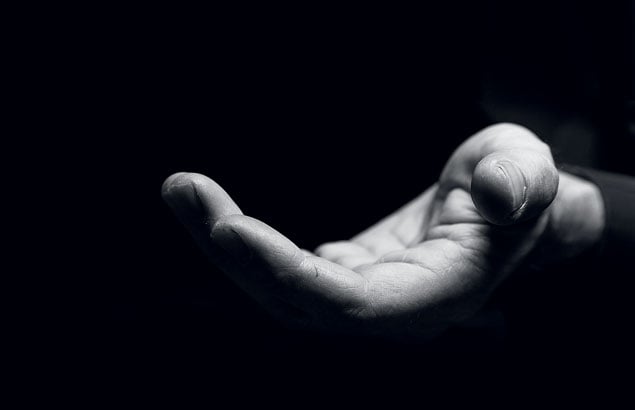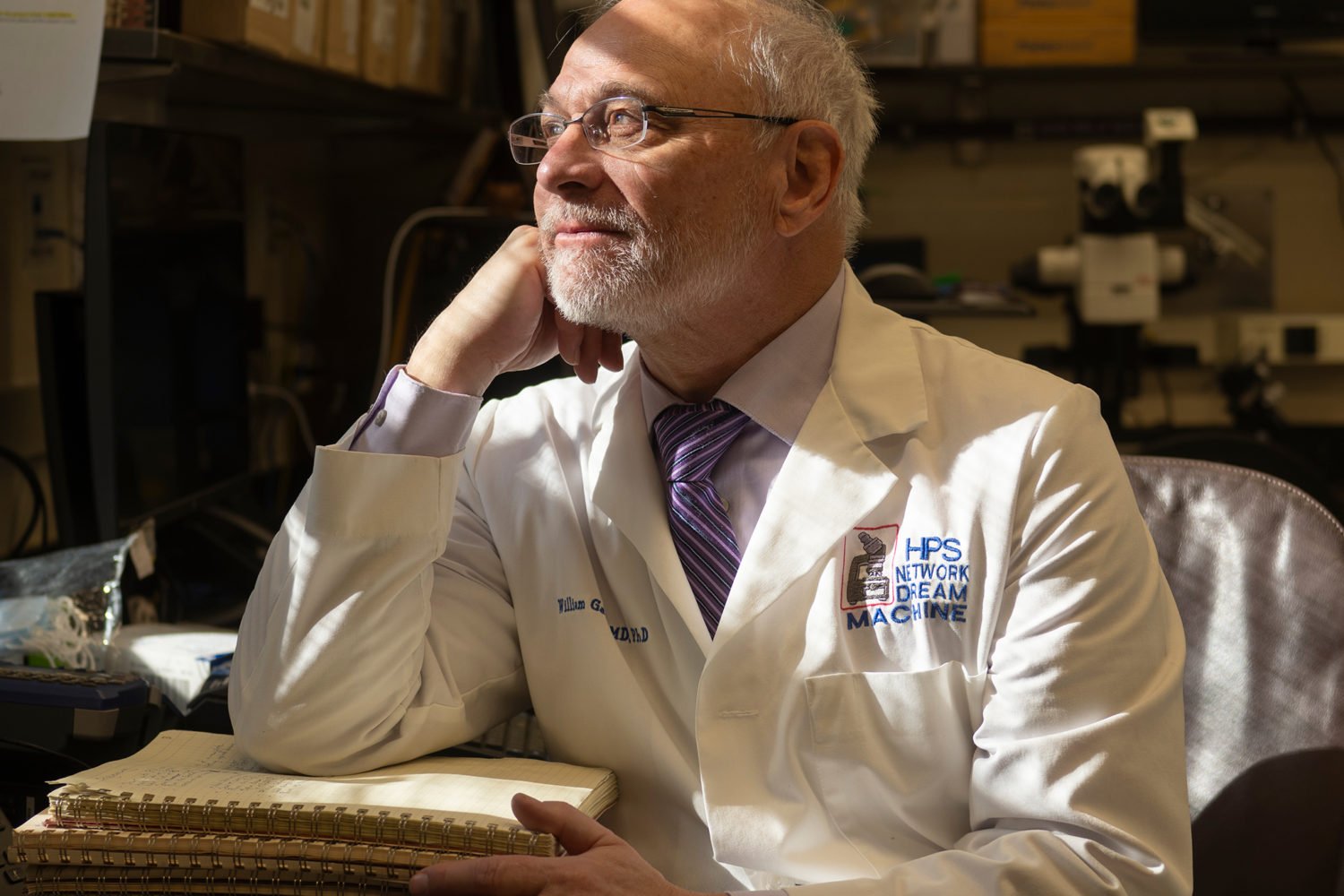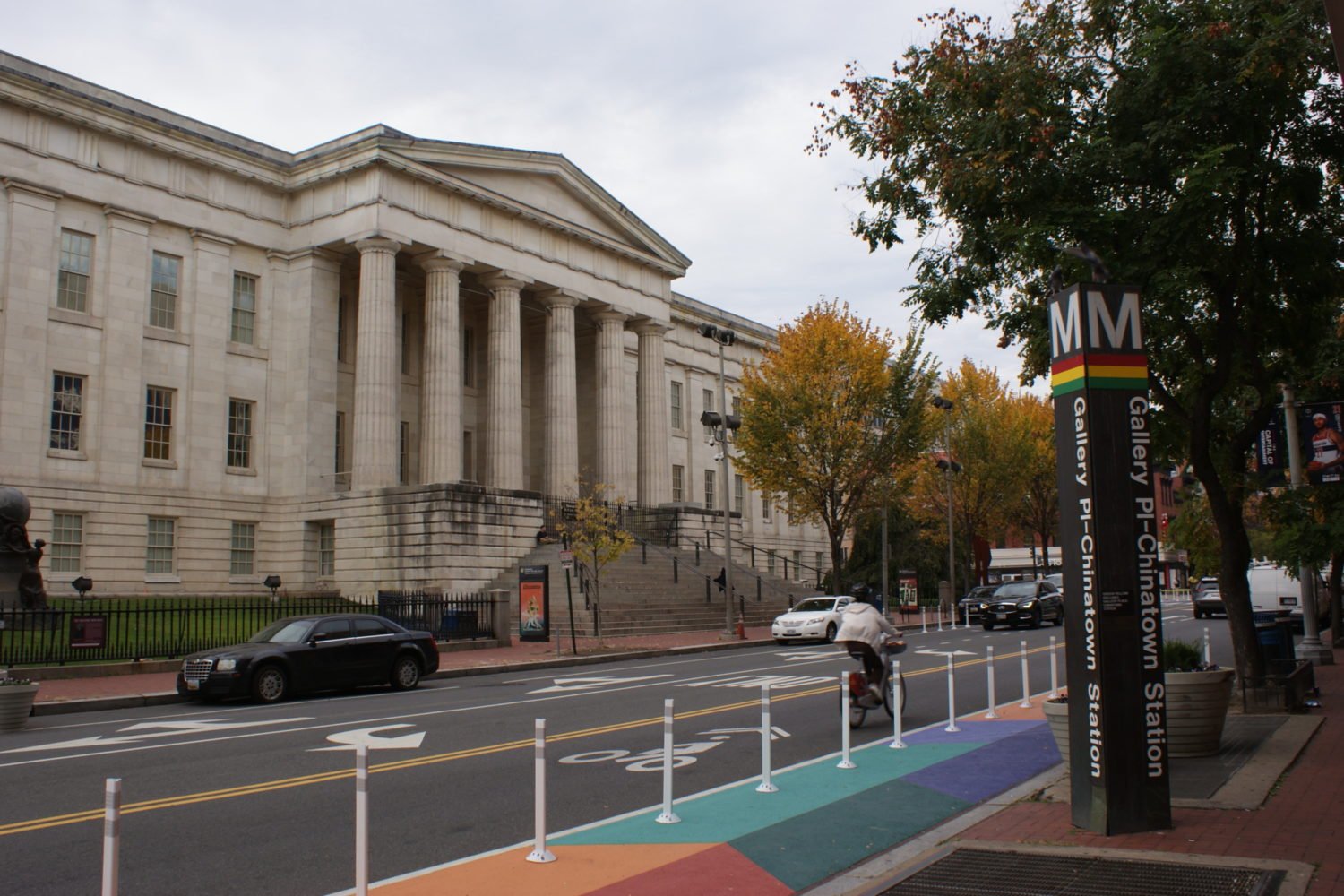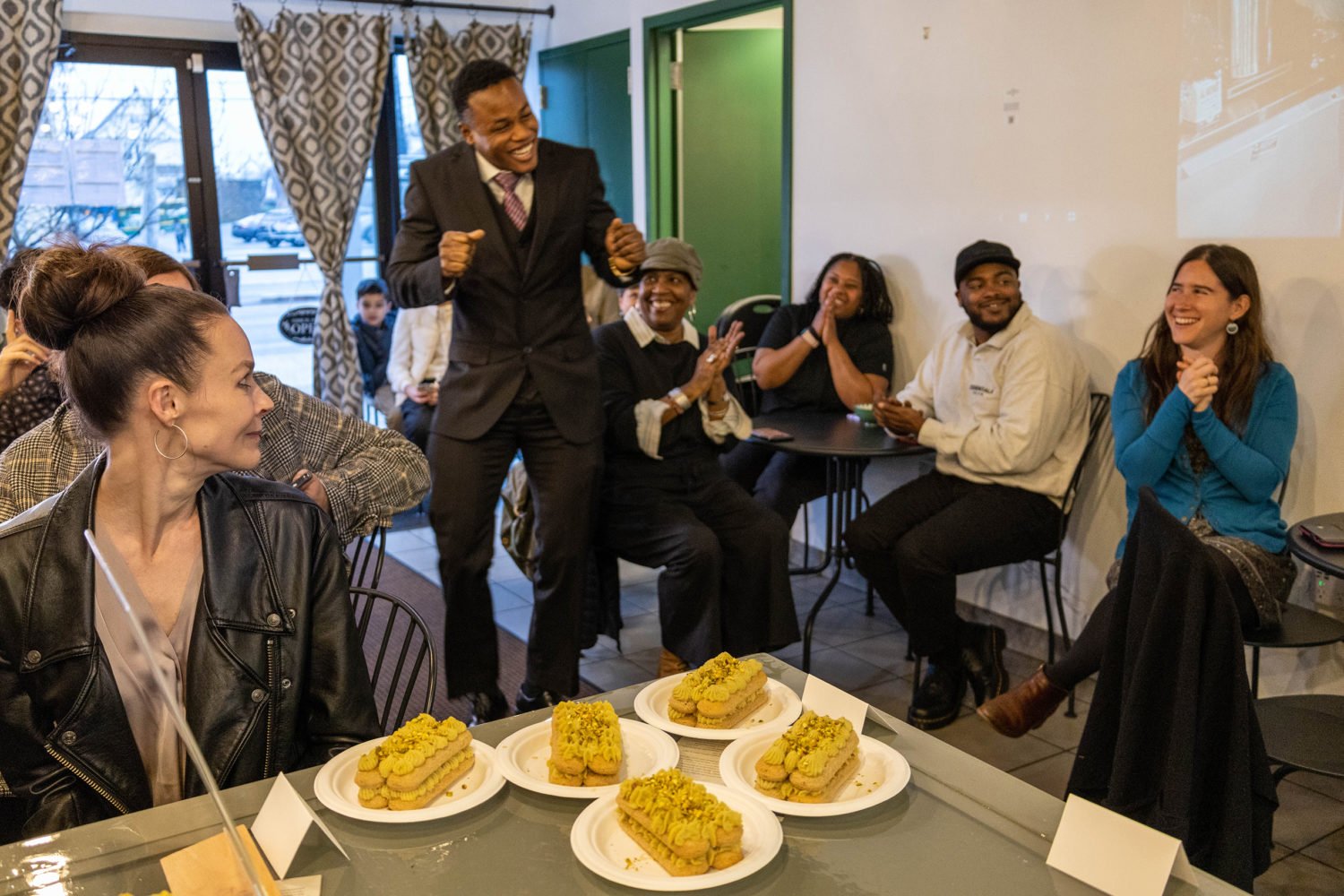Several years ago, when the magazine job I’d held for more than 15 years dissolved, I applied for unemployment insurance. But like treating a migraine with baby aspirin, the checks only took the edge off the loss. They didn’t even cover my monthly housing expenses. It was a scary time.
Then something happened—something I wouldn’t have experienced had I not ended up jobless. When I described it to a friend, she told me her father had an expression for that type of thing. He called it a “treasury of grace.”
It started soon after the purge that kicked two-thirds of my employer’s staff to the curb. I was visiting the dentist I’d been going to for more than two decades. When he asked what was new, I told him. He seemed genuinely shocked.
Certainly it had been a surprise to me. But I was over it and now was more in a phase of telling people in case they had contacts who could help in my job hunt. I found myself soothing my dentist, telling him I’d be all right, that I’d find a position soon enough.
When I went to pay, I was told the dentist had waived the charges. Now the shock was mine as I tried to absorb the kindness. My earning future was uncertain, so I welcomed the savings, but I felt awkward, too. On the other hand, with every dollar precious, I wasn’t going to insist on paying.
I learned quickly that this kind of beneficence wasn’t unusual—and it wasn’t always because I knew the person.
When I visited an orthopedist for the first time for a shoulder problem, he told me to come back in six months. I explained I was out of work and didn’t know what my insurance situation would be by then. He told me see him anyway—he wouldn’t charge.
My unemployment continued for months. So did the gracious acts. The old car my brother had lent me when mine died was making odd noises, so I pulled into a gas station and asked a repair guy if he had any idea what the reason was. I explained why I wouldn’t be able to spend much to fix it.
He opened the hood and poked around, poured in some brake fluid. Then he told me to drive home and see if that worked.
“How much do I owe you?” I asked.
He hesitated a moment and glanced at a fellow employee. “Don’t worry about it.”
These actions did more than save me a few bucks. They were signs of support, and they buoyed my spirits.
In turn, I became more giving. All along, I’d known others were hurting more than I was, but now I became more keenly aware of them. The dollar or two I gave people standing out in the cold wouldn’t break me but might really help them—and, I hoped, give them the same boost that similar generosities had given me.
I was luckier than many, with a safety net of family if I needed it and generous friends who were finding ways to pick up restaurant checks and treat me without making me feel like an object of pity.
I’ve been employed full-time for almost three years now. But I won’t ever forget how quickly things can fall apart.
When I hear about people who have landed in that tough place, I hope they’re lucky to find the treasury of grace that resides within all of us—if we take the time to open it up.
Ellen Perlman (ellenelp@yahoo.com) is a writer and editor at the Partnership for Public Service and a travel writer who blogs at boldlygosolo.com.
This article appears in the April 2014 issue of Washingtonian.


















